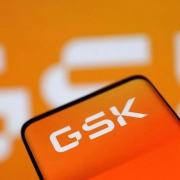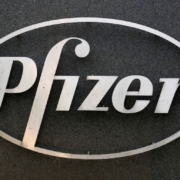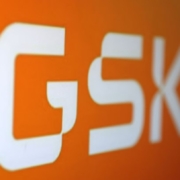Unmet need for prophylactic and therapeutic HSV vaccines remains high as genital herpes prevalence rises, says GlobalData
GSK has recently announced its decision to halt development of its herpes simplex virus (HSV) therapeutic vaccine candidate, GSK3943104, which was under investigation for genital herpes, after a Phase I/II clinical trial failed to meet its primary efficacy goals. The vaccine was not associated with any safety concerns in the trial. However, owing to the lack of efficacy, GSK will not be advancing the candidate to Phase III. This, in effect, ends GSK’s ambitions of bringing the first HSV vaccine to market, which remains a high unmet need, says GlobalData, a leading data and analytics company.
HSV, which causes herpes, is a virus of the Herpesviridae family. There are two types of HSV. HSV-1 is predominately an orally transmitted infection and causes cold sore wounds around the mouth. HSV-2 is a sexually transmitted infection (STI) and predominately causes genital herpes. Co-infection of both HSV-1 and HSV-2 can also occur. Herpes symptoms can include blisters, fever, swollen lymph nodes and body aches. While the condition is not curable, antivirals can be used to reduce symptoms.
According to GlobalData, in 2024, there are an estimated 52 million cases of HSV2 infection, the predominant cause of genital herpes, as well as 13 million cases of combined HSV1&2 infection across the 16MM*. Additionally, HSV2 and combined HSV1&2 cases in the 16MM are projected to reach 54 million and 14 million cases by 2029, respectively.
Abigail Harris, Infectious Disease Analyst at GlobalData comments: “These figures demonstrate the large and growing prevalence of genital herpes. Alongside a large gap for unmet needs for prophylactics and improved therapeutics, this market has great potential for those looking towards developing their own candidate for the HSV market. Although GSK is now out of the race, it creates an open field for other players to capitalize on the growing market needs.”
GSK3943104 was under investigation as a therapeutic vaccine to reduce lesions in patients with recurrent genital herpes. In contrast to prophylactic vaccines, which aim to prevent the virus from becoming established in the host, therapeutic vaccines are designed for use after infection, with the aim of inducing antiviral immunity to restrict the course of disease development.
According to GlobalData’s pipeline product database, two other major players also have HSV vaccines in clinical development. Moderna’s therapeutic vaccine mRNA-1608 is in Phase II development and BioNtech and the University of Pennsylvania’s prophylactic vaccine BNT-163 is in Phase I development.
Harris continues: “The remaining vaccine candidates in clinical development employ different strategies and would not compete with each other directly in the event that they both reach the market. If either or both are approved, they look to hold a significant position in the market given the high unmet need for both therapeutic and prophylactic vaccines.”
*16MM: Australia, Brazil, Canada, China, France, Germany, India, Italy, Japan, Mexico, Russia, South Africa, South Korea, Spain, UK, and US
Source: GlobalData









